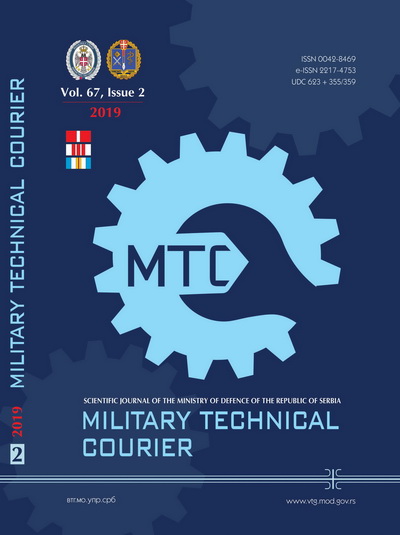Open data concept, its application and experiences
Abstract
Creating a richer, more equitable and just society requires that governments work in a more transparent and responsible way - to maintain regular and meaningful communication with citizens. Open data is the means to achieve this goal. Open data is digital data available to the public. It has such technical and legal characteristics that anyone, at any time and everywhere can use, re-use and redistribute it. The focus in this paper is data that is easily accessed and used and distributed for free. It is structured for usability and computer analysis. Such data is called publicly available or open data. The paper deals with the basic concepts of Open data, where it is most used, the most important experiences and benefits in its use, how it impacts human lives, which foregoing preconditions have to be met in order to significantly increase the effects of open data, how influence is created with it and the challenges that arise in its use.
References
Cringely, R.X., & Sen, P. 2012. Steve Jobs: The Lost Interview. Motion Picture.
DNA Doe Project. 2018. [Internet]. Available at: http://dnadoeproject.org/. Accessed: 22.12.2018.
International open data charter. 2018. [Internet]. Available at: www.opendatacharter.net. Accessed: 10.12.2018.
Lampoltshammer, T.J., Guadamuz, A., Wass, C., & Heistracher, T. 2017. Openlaws.eu: Open justice in Europe through open access to legal information. In C.E. Jiménez-Gómez& M. Gascó-Hernández Eds., Achieving open justice through citizen participation and transparency., pp.173-190. Hershey, PA: IGI Global.
OECD. 2018. Open Government Data Report: Enhancing Policy Maturity for Sustainable Impact. Paris: Digital Government Studies, OECD Publishing. Available at: https://doi.org/10.1787/9789264305847-en. Accessed: 22.12.2018.
Open Content. 2018a. Defining the "Open" in Open Content and Open Educational Resources. [Internet]. Available at: http://opencontent.org/definition/. Accessed: 23.12.2018.
Open Content. 2018b. [Internet]. Available at: http://opencontent.org. Accessed: 21.12.2018.
Open Source Initiative. 2018. History of the OSI. [Internet]. Available at: https://opensource.org/history. Accessed: 15.12.2018.
Pearce, J.M. 2016. Return on investment for open source scientific hardware development. Science and Public Policy, 43(2), pp.192-195. Available at: https://doi.org/10.1093/scipol/scv034.
Schwab, K. 2015. The Fourth Industrial Revolution. What it Means and How to Respond. Foreign Affairs, December, 12. Available at: www.foreignaffairs.com/articles/2015-12-12/fourth-industrial-revolution. Accessed: 10.12.2018.
Suber, P. 2014. Open Access Overview. [Internet]. Available at: https://legacy.earlham.edu/~peters/fos/overview.htm. Accessed: 20.12.2018.
Ubaldi, B. 2013. Open government data: Towards empirical analysis of open government data initiatives. OECD Working Papers on Public Governance, . No. 22, OECD Publishing, Paris, Available at: https://doi.org/10.1787/5k46bj4f03s7-en. Accessed: 23.12.2018.
Wouters, P. 2017. Open data the researcher perspective. 04, University Leiden.
Young, A., & Verhulst, S. 2016. The Global Impact of Open Data. Sebastopol: O’Reilly Media Inc.
Proposed Creative Commons Copyright Notices
Proposed Policy for Military Technical Courier (Journals That Offer Open Access)
Authors who publish with this journal agree to the following terms:
Authors retain copyright and grant the journal right of first publication with the work simultaneously licensed under a Creative Commons Attribution License that allows others to share the work with an acknowledgement of the work's authorship and initial publication in this journal.
- Authors are able to enter into separate, additional contractual arrangements for the non-exclusive distribution of the journal's published version of the work (e.g., post it to an institutional repository or publish it in a book), with an acknowledgement of its initial publication in this journal.
- Authors are permitted and encouraged to post their work online (e.g., in institutional repositories or on their website) prior to and during the submission process, as it can lead to productive exchanges, as well as earlier and greater citation of published work (See The Effect of Open Access).

